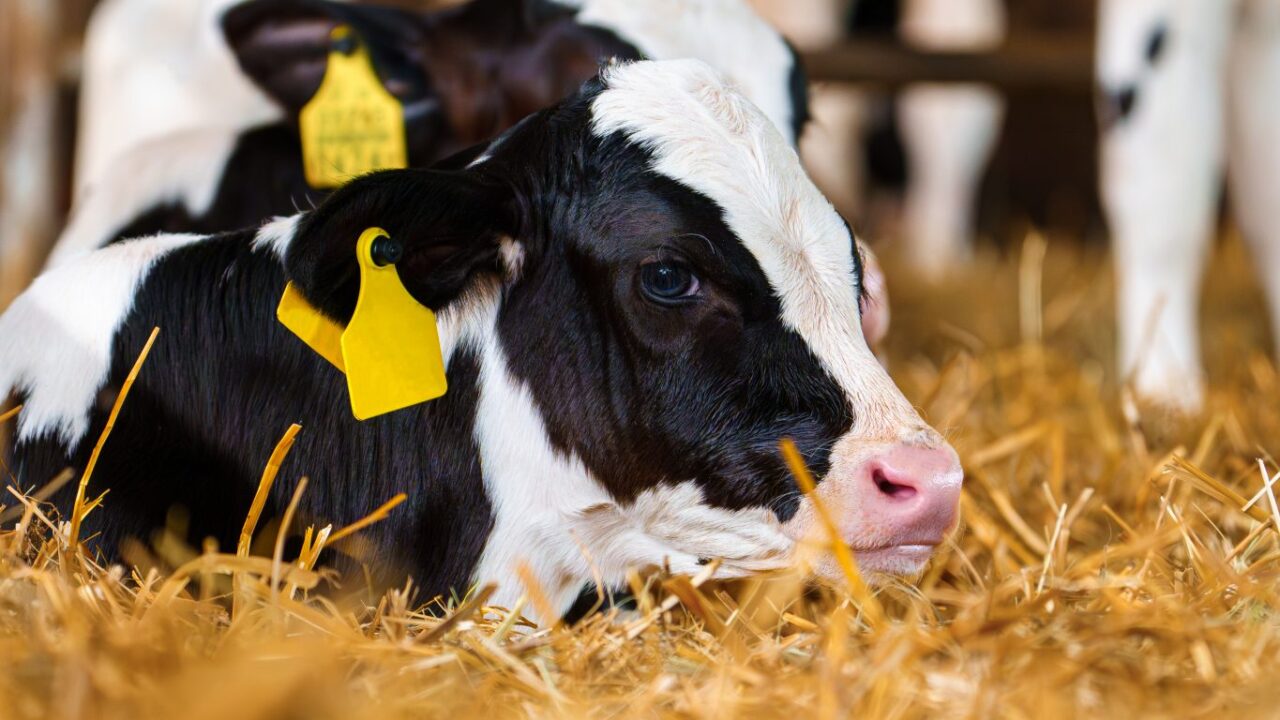Animal Health and Welfare Northern Ireland (AHWNI) is encouraging farmers to check that all calves are tested promptly for bovine viral diarrhoea (BVD).
This is in order to avoid herd closures by the Department of Agriculture, Environment and Rural Affairs (DAERA) as new restrictions come in place on December 1.
From that date and following 28 days’ notice by DAERA, movement restrictions to stop all moves in or out of a herd and any associated herds will be applied if there are 10 or more BVD unknowns (BVDUs) more than 30 days of age present in the herd.
Cattle born before March 1, 2016 (before the start of the compulsory programme) that also have a BVDU status are required to be tested.
The presence of these ‘older’ cattle will contribute to the BVDU count on which the application of restrictions will be based.
Impact of BVD herd restrictions
Since June 2025, herd restrictions have been applied when more than 20 BVDUs aged over 30 days of age have been present.
The introduction of this measure has contributed significantly to a decrease from 15,000 BVDU status animals a year ago, to just over 11,000 last week, AHWNI said.
BVD positive results have been disclosed in the test results for some of these animals, demonstrating the importance of keeping on top of a herd’s testing.
Delays in disclosure of results because of failure to test calves shortly after birth can have a devastating impact in a herd, if the virus spreads to naïve, early in calf females, as persistently infected calves will result and the outbreak will be prolonged, AHWNI added.
Movements
All movements into or out of restricted herds will be prohibited by DAERA except for movements:
- To slaughter of BVD tested animals;
- For disposal as an animal by-product;
- Under departmental licence, for example, for welfare reasons or to allow a breeding bull into a herd when considered justified.
BVD herd restrictions will not have an impact on movements of cattle to or from the EU, AHWNI said.
Cattle with a BVDU status are restricted individually from moving to markets, other farms and abattoirs.
Restrictions on herds with BVDUs will be lifted immediately on confirmation of a negative BVD result for all cattle more than 30 days old.
Testing should be carried out using a supplementary tag or a blood sample taken by a private vet.
As the Republic of Ireland BVD programme is similar to the NI programme, AHWNI can carry out checks on cattle imported from the republic that have a BVDU status.
This is using BVD status data from ICBF (where an approved laboratory has been used), to find out whether a negative BVD status can be uploaded to the Northern Ireland Food Animal Information System for these animals without the need for further testing.
Any animals that are identified as positive following testing would need to be removed from the herd, as restrictions are also being applied to herds with BVD positive cattle.

